Men Dialogues Aiding FGM Fight in Kajiado County, Kenya
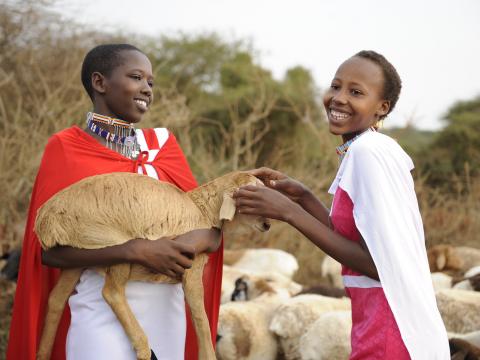
By Susan Otieno, World Vision Communications Officer, Kenya
Fourteen-year-old Anita (not her real name) underwent Female Genital Mutilation (FGM) when she was a little girl, at the age of eight, in Kajiado County.
She went through the process without fully comprehending or understanding what was happening to her.
“I was cut when I was very little. I can’t remember much of it but I know that I was in class two and it was painful. Now, when I am on my periods I feel pain where I was cut,” she says.
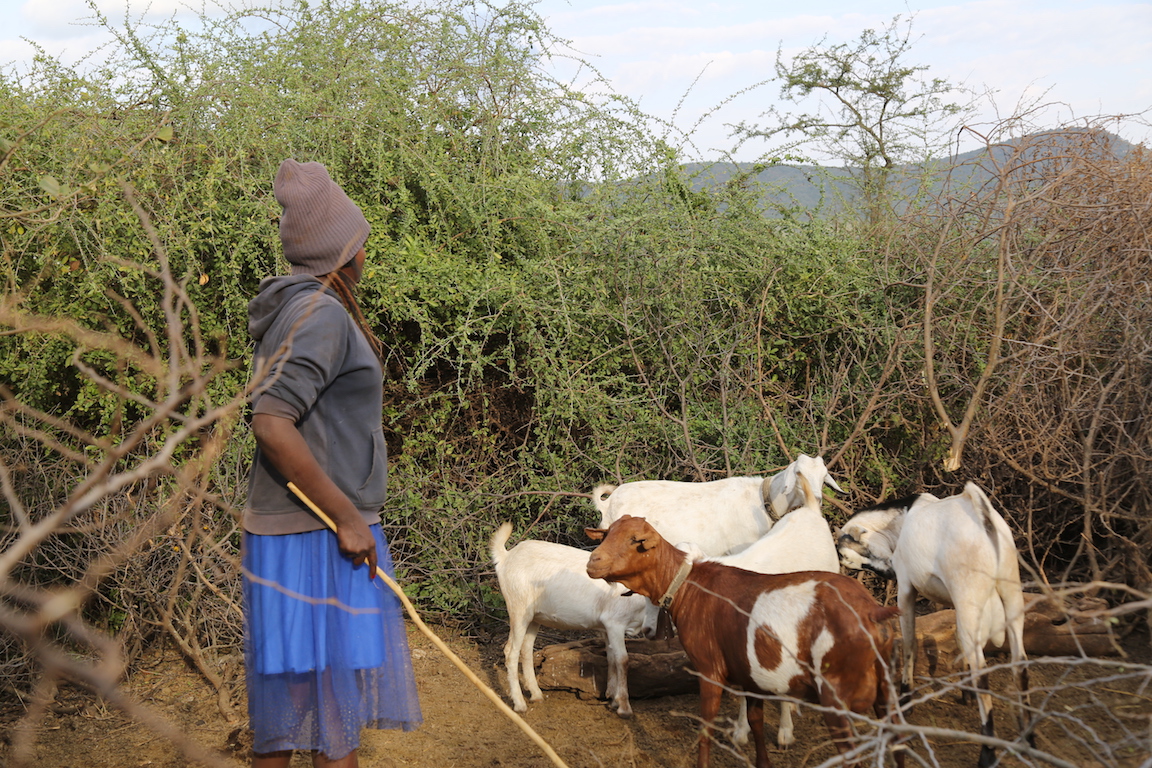
Her father Tobiko, who was at the time an alcoholic that was struggling financially, wanted to marry off Anita at such a young age – after subjecting her to FGM – so as to get dowry in form of cattle that would give him wealth.
Despite being powerless and unable to prevent her daughter from undergoing FGM, Anita’s mother fought hard to stop the marriage. This enabled Anita to continue learning in school.
But the victory was short lived. At the age of 13, just after completing her primary school education, her dad hatched another plan to marry her off.
“My father and the man who wanted to marry me came in through one door and I ran away through the other,” narrates Anita. This was a courageous move that altered her life’s course.
Five years earlier, when she had undergone FGM, Anita had been an innocent girl, oblivious of the fact that what she was being subjected to was unlawful, cruel and unjust.
But at the age of 13, she was no longer naïve and powerless. This time round, she was prepared to fight for her life!
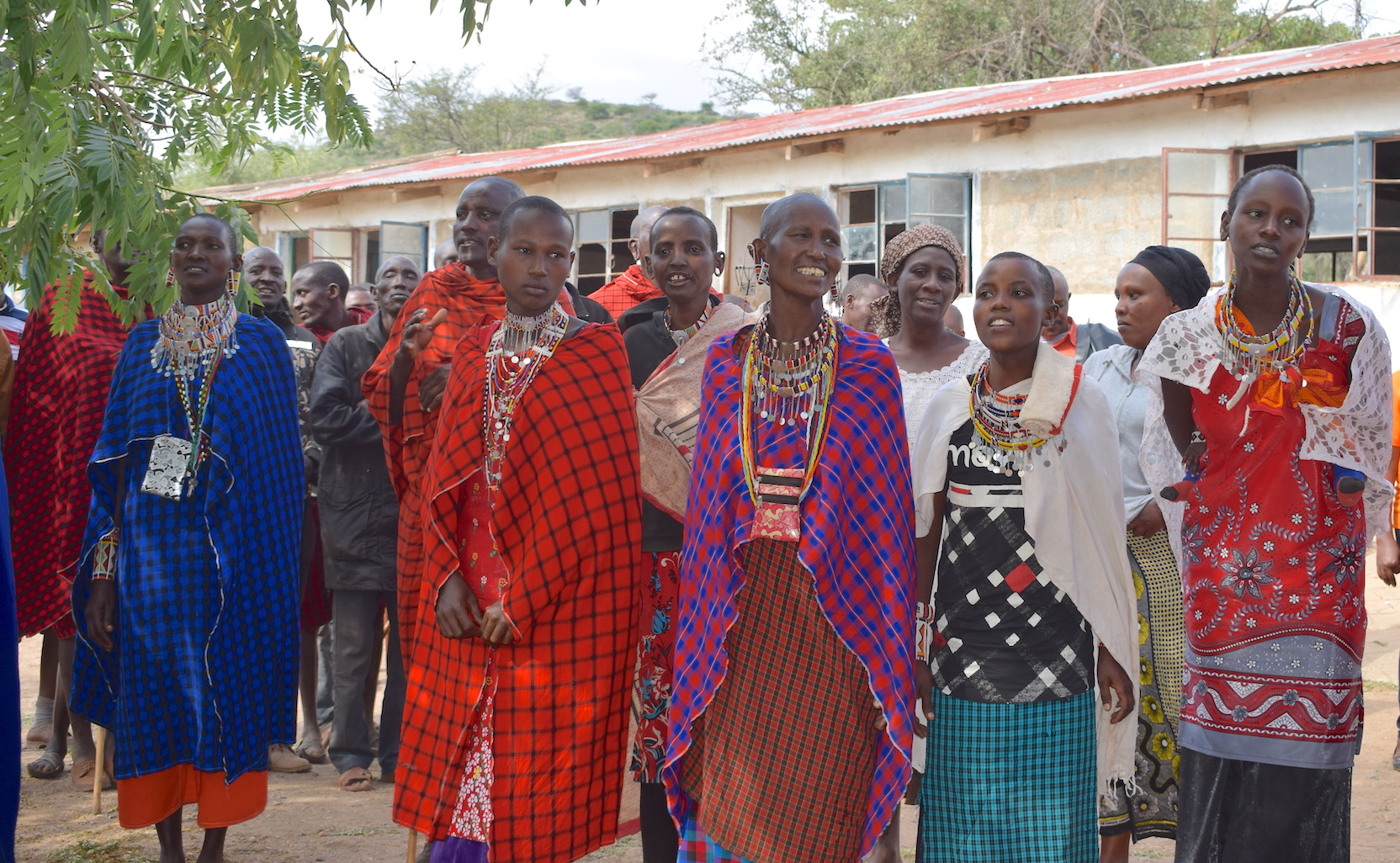
“I knew what was happening to me was wrong. At the Child Rights Club in school, World Vision had taught us about the love of God, children’s rights, the dangers of FGM, the effects of child marriage and where to get help when facing a problem,” she says.
Thanks to the knowledge and empowerment, Anita ran away from home and sought refuge and assistance from the Chief’s office.
The officers acted swiftly. This resulted in her father fleeing to a neighbouring country to escape arrest.
The matter was also reported to the Kajiado County Children’s Department, which linked up with World Vision to get help for Anita.
“I got assistance from World Vision and was able to go to high school. It was a boarding school and they paid my school fees and did shopping for me,” she says.
As she was no longer safe at home, Anita was further taken to a charity-supported children’s rescue centre, which has given her a safe haven for the past one year.
Everything was going well for her, until early this year when the centre was closed due to dwindling financial support from well wishers, brought about by the COVID-19 pandemic. This crushed Anita’s spirit.
“All the rescued girls were released and we had to go back home since the centre could no longer take care of us, and cater for our needs,” she says.
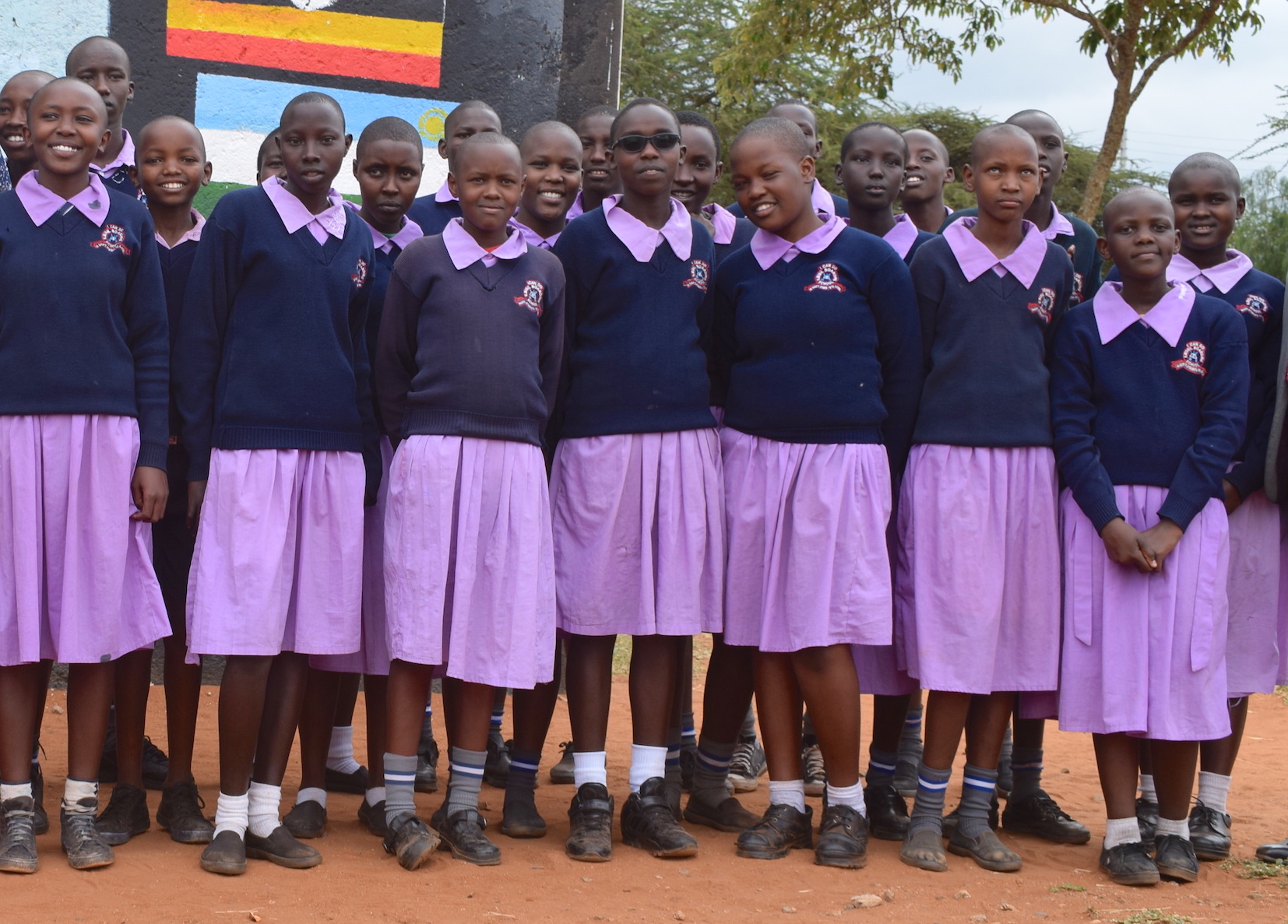
Despite missing her siblings and family, Anita was anxious and scared to go back home, as she feared being married off and living her worst nightmare.
But upon her arrival, she was shocked and surprised to find her father a changed man.
While Anita was away, World Vision had reached out to her dad, through its mediation initiatives aimed at re-integrating rescued children back into their families.
This was achieved through men dialogue forums, led by trained facilitators, which focuses on FGM, child marriage and quality education for girls and boys.
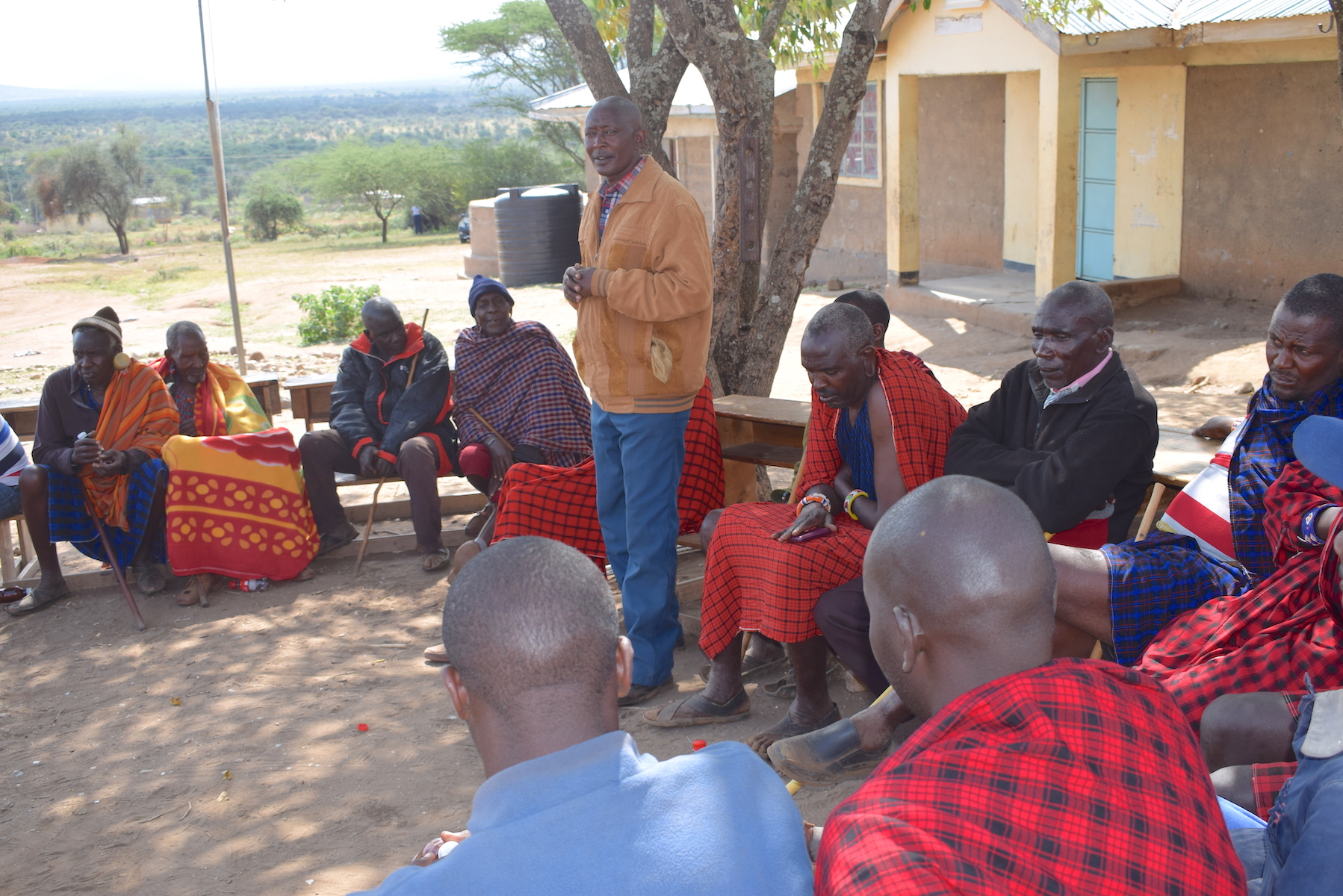
The dialogues, which take place regularly through the support of World Vision and UNICEF, helps men in the community to understand the adverse effects of FGM and become ambassadors for the anti-FGM movement.
Anita’s dad, who is 52 years old, states that he previously embraced FGM since it was a cultural practise that their Maasai community has adhered to, for many generations. He did not therefore believe that what he was doing was wrong.
The men dialogue forums opened his eyes and enabled him to understand the brutal effects that FGM and child marriage has on girls.
He came to the realisation that even though cultural practises are important since they give identity to communities, it is important to continually assess them – as times change – and do away with those that are retrogressive or harmful.
“I have attended community dialogues in the village and they have strengthened my will to shun FGM and allow all my children to go to school,” says Anita’s dad Tobiko.
He adds: “From what I have seen in most homes, girls usually come back to help their families, even if the men don’t. I have hope that Anita will come back to support us.”
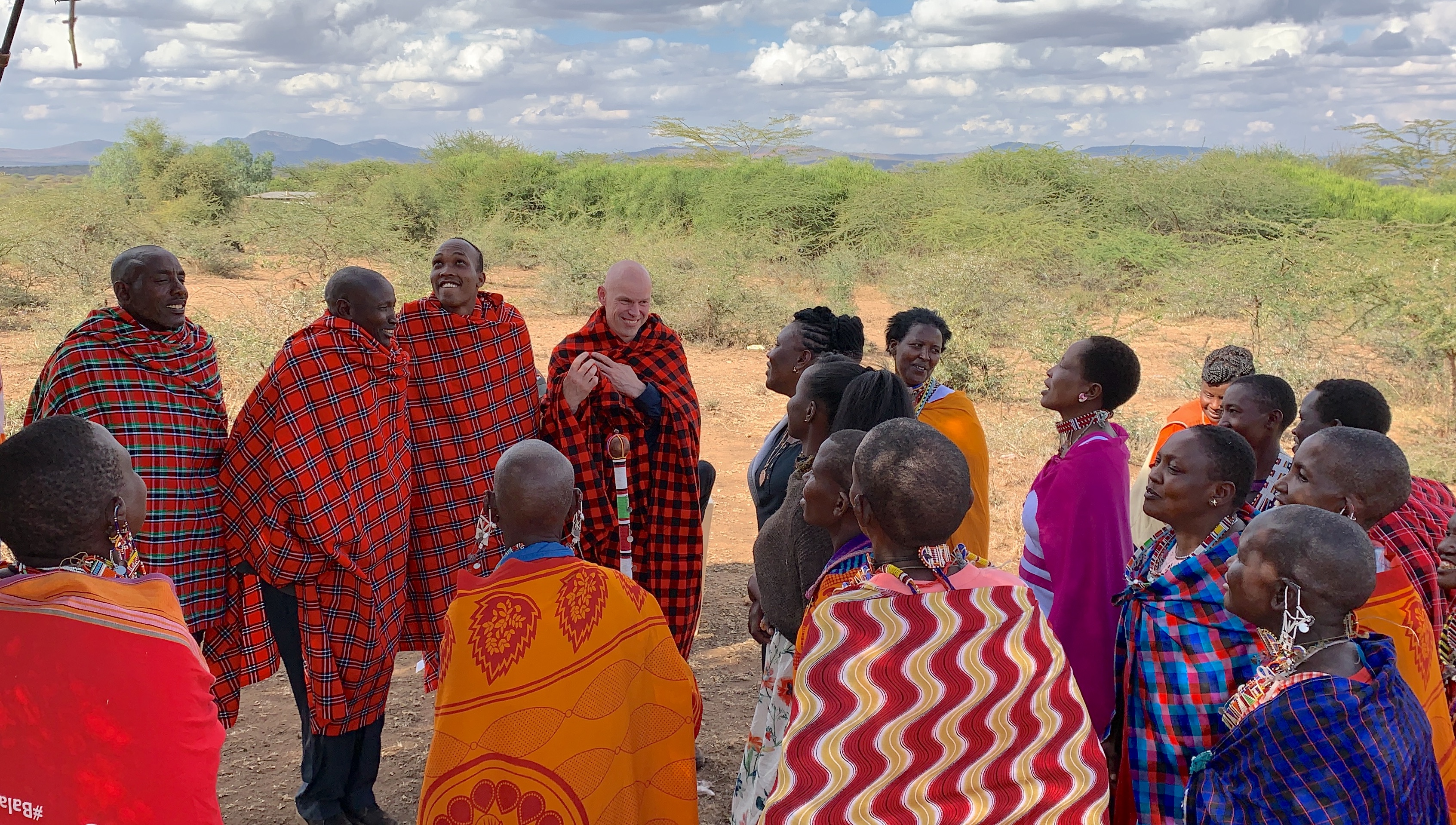
Tobiko notes that as his first-born child, Anita has shown him the way, and enabled him to learn from his mistakes.
“I have two other daughters and I made a decision that I will support them to go to school so they can prosper in life,” he states.
Anita concurs: “My two younger sisters are not cut and I want them to stay that way. I have suffered because of FGM. And when I have my periods, I always feel pain where I was cut. I don’t want my sisters to go through that. So, I have told my parents that we should always protect and keep them safe.”
She notes that when she came back home, dad promised her caregivers from the rescue centre that he would not marry her off. This warmed her heart.
“I have been home for 3 months and dad has not brought up the subject of marriage. We talk to one another but marriage is off topic! He now encourages me to read so I can have a bright future,” she says.
Anita confesses that COVID-19 has made life difficult for the family.
“Sometimes we have food and other times we don’t. When we don’t have anything to eat, we just take milk and sleep. In the morning dad goes out to look for food,” she says.
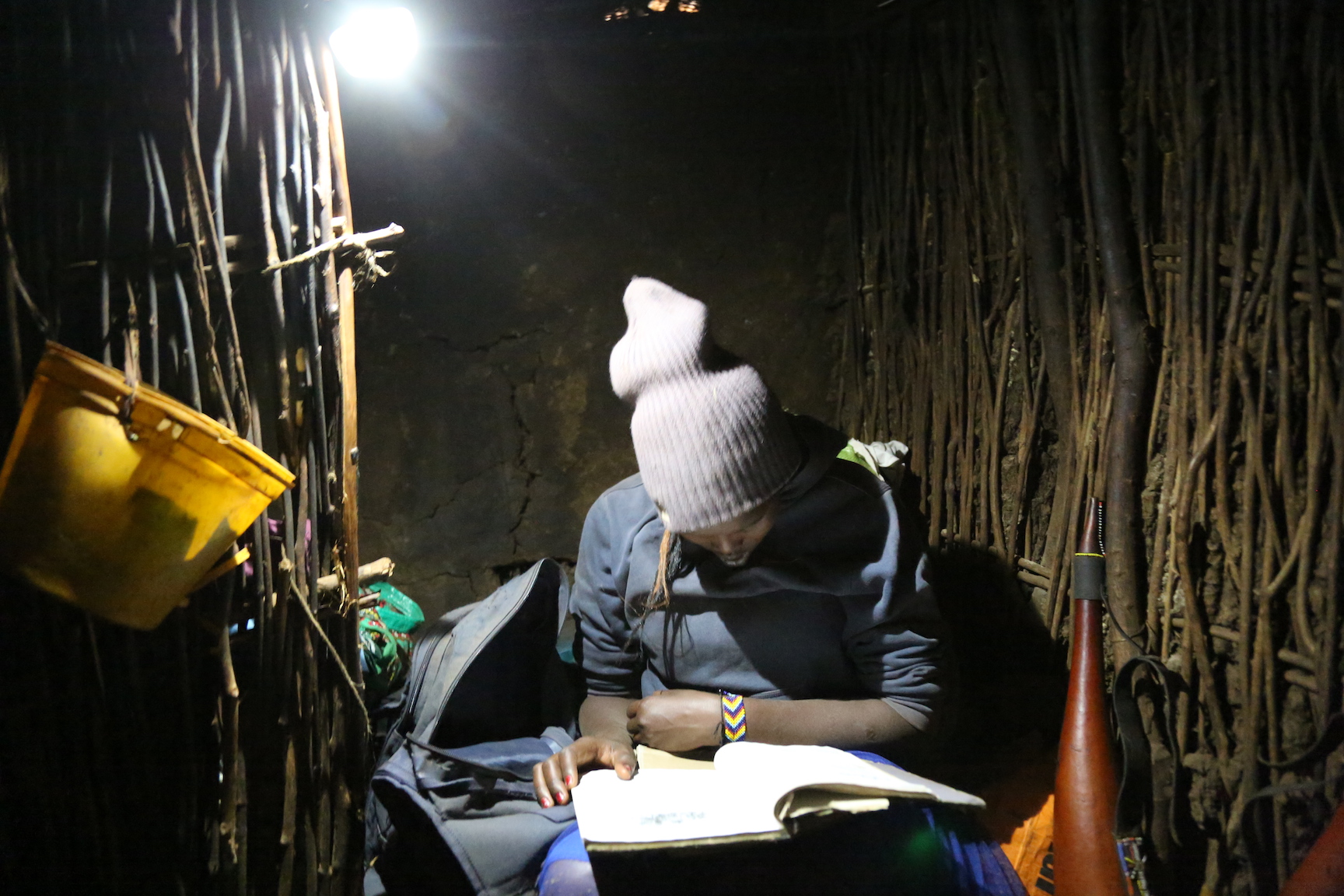
In spite of the tough times, Anita has not lost focus on her dreams.
“I have my school books here at home and I get time to study at night using a solar powered lantern that we received from World Vision. During the day, I do house chores,” she says.
Anita wants to be a lawyer so that she can support her family and help the government to fight for children’s rights.